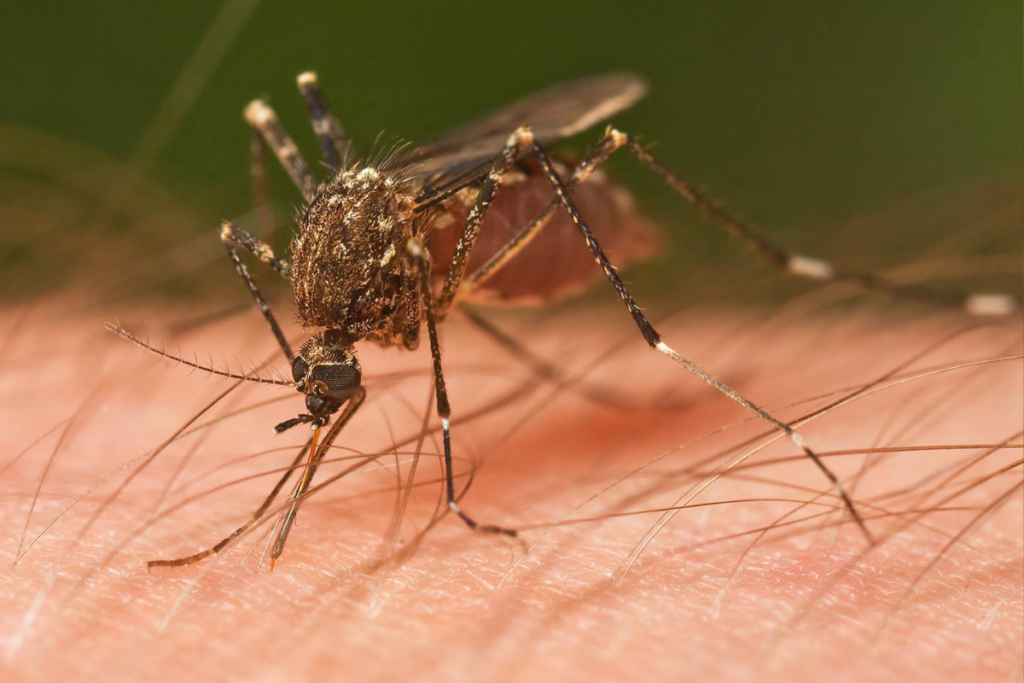
Imagine a summer free from the constant buzz and bite of mosquitoes—a world where outdoor gatherings, open windows, and restful nights aren’t interrupted by these tiny but dangerous pests. While mosquitoes are often seen as simple nuisances, they play a deadly role in public health, spreading life-threatening diseases like malaria and dengue fever to millions. This has led scientists and the public alike to ponder the potential benefits of a mosquito-free world. Yet, despite the allure of eradicating them entirely, mosquitoes also hold significant roles in ecosystems that could disrupt food chains if removed. Balancing these health and ecological impacts invites careful thought about the consequences of eradicating this species.
The Impact of Mosquitoes on Human Life
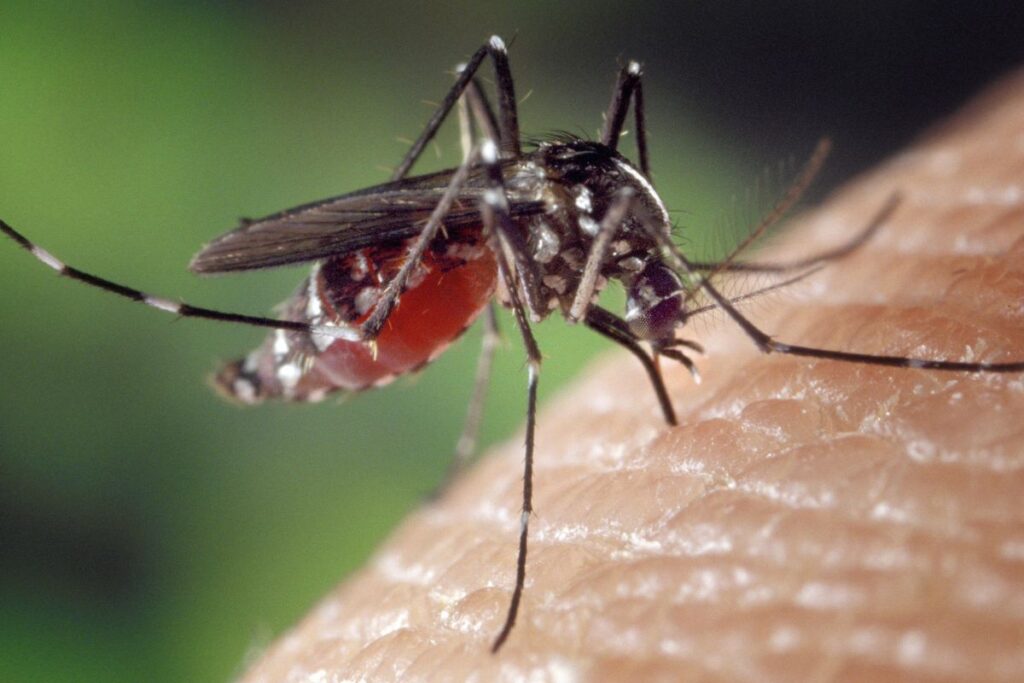
Mosquitoes are among the deadliest creatures on Earth, killing more people than any other species. Nearly half of the global population is at risk of contracting mosquito-borne diseases like malaria, dengue, and yellow fever, which collectively claim over a million lives each year. A world without mosquitoes would be life-changing for people and animals affected by these diseases. Imagining a mosquito-free environment brings the hope of reduced disease spread, potentially transforming public health worldwide.
Mosquitoes as Disease Vectors
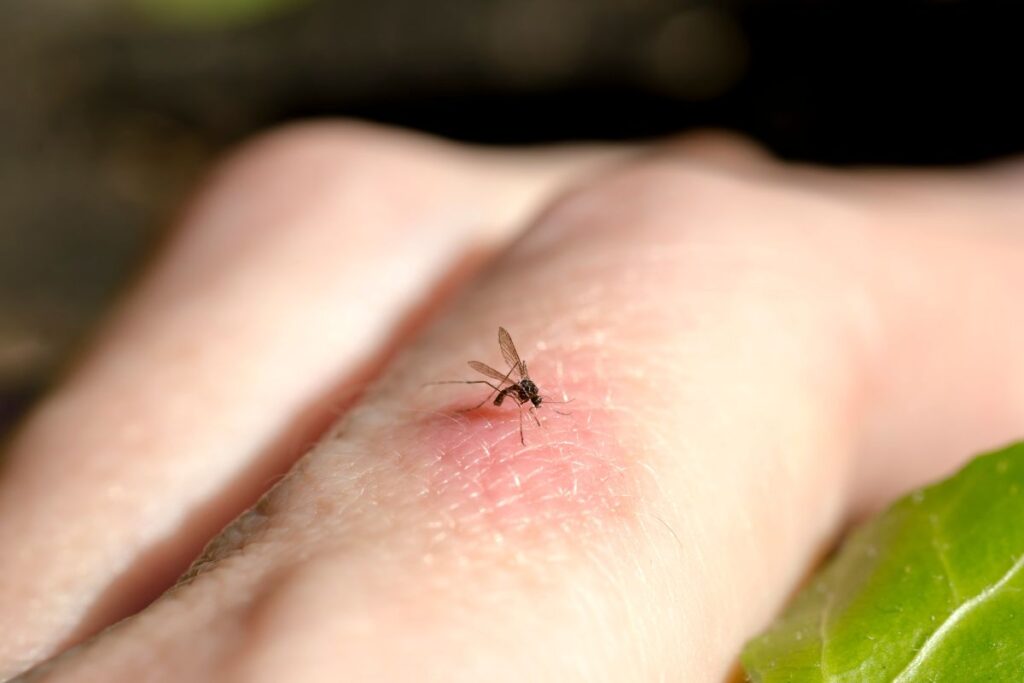
Mosquitoes serve as vectors, or carriers, of diseases, transmitting pathogens without control. Only female mosquitoes bite to gather blood, acting as unintentional hosts for viruses and bacteria. However, not every mosquito transmits diseases—only those that carry pathogens capable of growing within them. If all mosquitoes could transmit diseases, the situation would be even more dire. As vectors, mosquitoes inadvertently create health risks, but their role in the ecosystem raises questions about the potential consequences of eradication.
Ecosystem Roles of Mosquitoes

Mosquitoes play a complex role in nature, impacting several ecosystems. Their larvae contribute to the breakdown of decaying organic matter, while adult mosquitoes are food sources for animals like birds, fish, and bats. The removal of mosquitoes could affect species that rely on them, such as mosquitofish, which might face extinction. Yet many scientists believe that ecosystems would adjust, with other insects potentially filling mosquitoes’ roles as prey and pollinators, minimizing disruption in the food chain.
Efforts Toward Mosquito Eradication
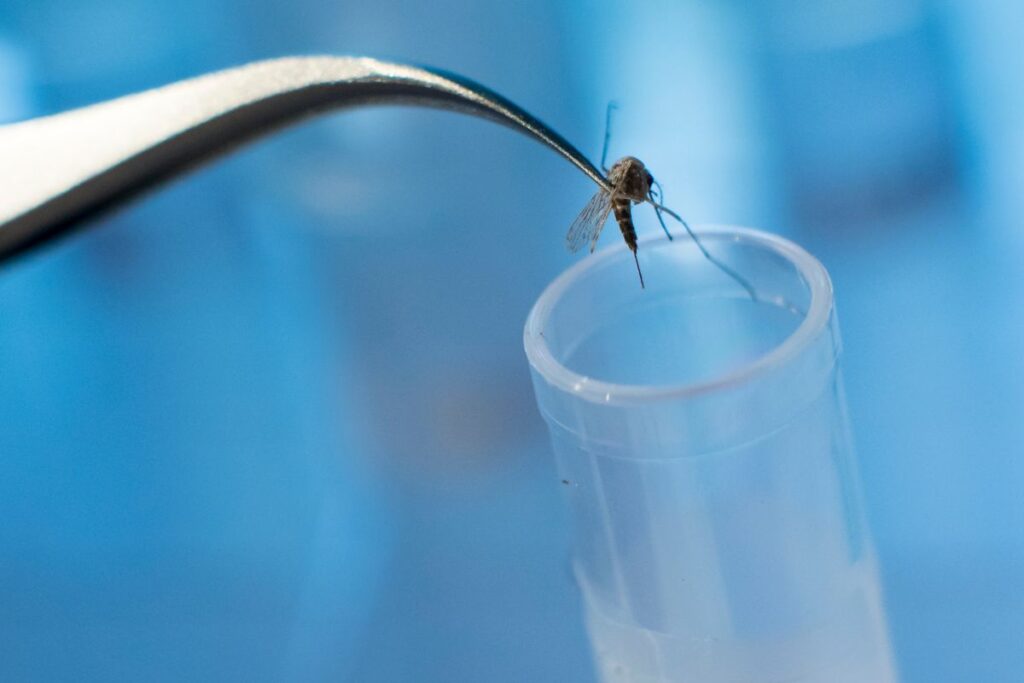
Scientists have explored eradicating certain mosquito species, particularly those spreading Zika and dengue. Genetically modified male mosquitoes have been released in small trials, showing significant reductions in mosquito populations. While promising, these methods would be challenging to implement globally. The idea of mosquito eradication offers clear benefits in public health, especially in regions burdened by disease, but large-scale implementation remains complex and uncertain.
Risks and Alternatives to Eradication
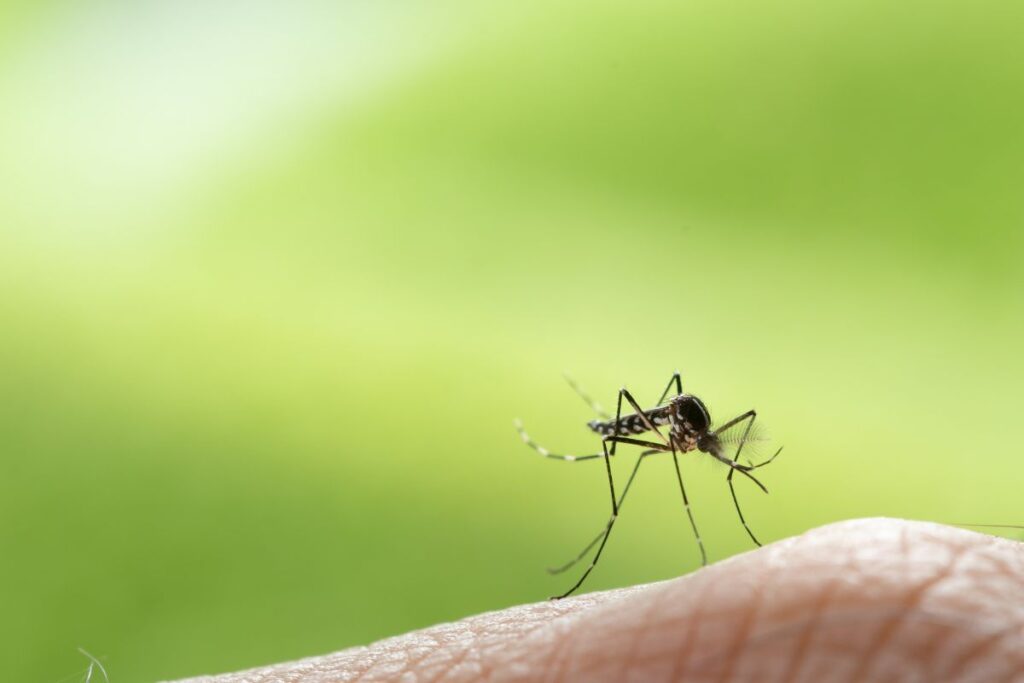
Eliminating mosquitoes presents risks, including ecological disruption and ethical concerns. Experts warn that new species could replace mosquitoes, potentially spreading diseases more effectively. While mosquitoes limit human habitation in sensitive ecosystems like rainforests, removing them might unintentionally accelerate deforestation. Alternative solutions, like improved repellents and sensors to track mosquito species, aim to reduce mosquito-borne diseases without eradicating them entirely, balancing ecological preservation with health benefits.
Sources:
Barefoot Mosquito.com – https://www.barefootmosquito.com/kill-every-mosquito-earth/#:~:text=And%20for%20millions%20of%20people,from%20a%20simple%20mosquito%20bite
National Institute For Communicable Diseases – https://www.nicd.ac.za/what-would-happen-if-all-the-mosquitoes-in-the-world-disappeared/#:~:text=Frogs%2C%20dragonflies%2C%20ants%2C%20spiders,have%20a%20lot%20less%20food.
U.S. Centers For Disease Control And Prevention(CDC) – https://www.cdc.gov/







